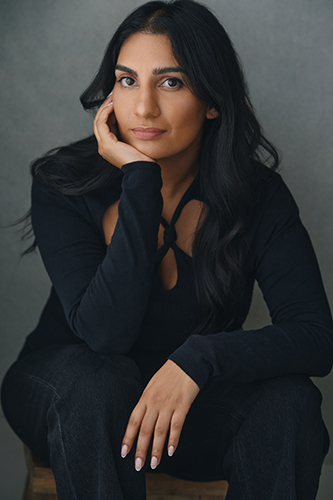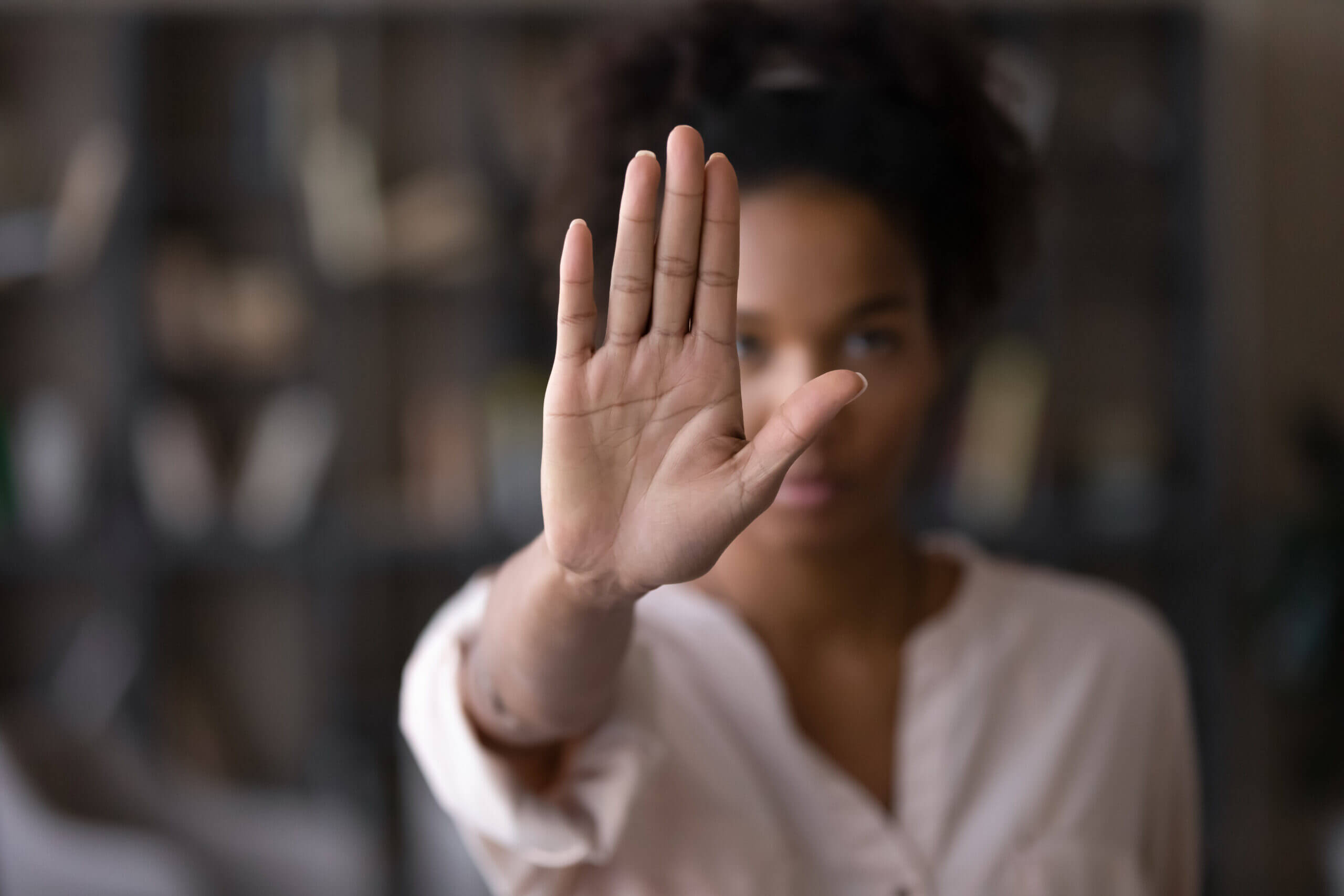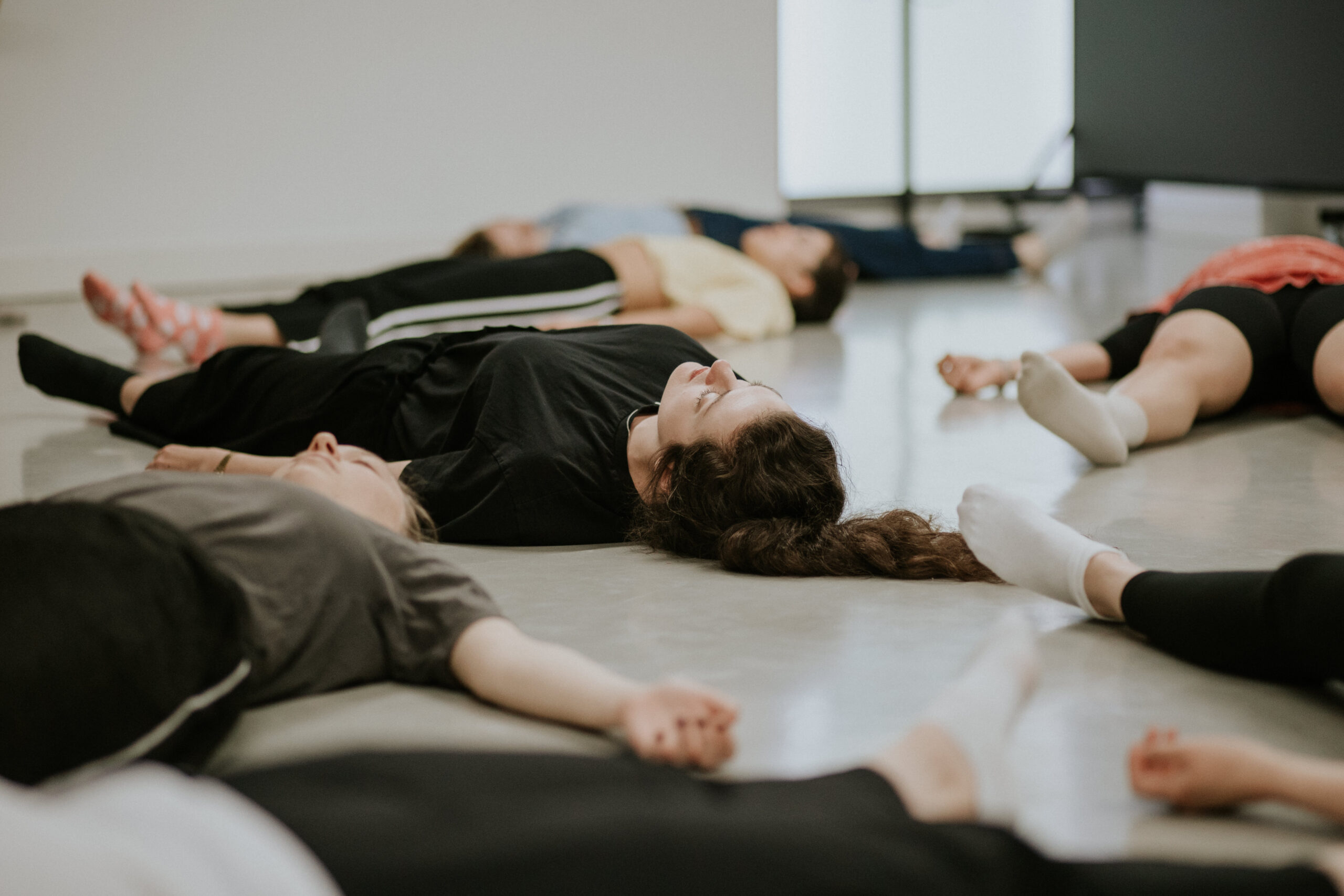How to recognise an unhealthy working environment and stand up for yourself when working as an actor.
Unhealthy working environments can exist in any profession and unfortunately, acting is no exception. Whether it’s on set, during the casting process, or while you’re touring a production, you could find yourself in situations where someone or something is making the experience toxic.
So, what can be done when a creative space becomes difficult to work in and how can you build up the courage to self-advocate when external factors affect your creativity?
Here, we’ll share some helpful tips on how you can spot an unhealthy working environment and what can be done to help you stand up for yourself:
Signs You Are Working in An Unhealthy Environment
There are many factors to consider when examining whether the environment you’re working in is becoming unhealthy. For actors who are on set or in the rehearsal room, it can be difficult to decipher whether someone is crossing a boundary or if the atmosphere is becoming toxic.
When creativity is involved, we often let things go because we mistake our discomfort for artistic struggle.
It’s important to try and differentiate whether your workspace is truly allowing you to work to the best of your ability or hindering you. By asking yourself the following questions, you can begin to understand the difference between struggling in a creative environment artistically or being subject to harm because of an outside factor.
- Do I feel safe when I enter this space and with the people I am working with?
- Can I perform my role to the best of my ability in this environment?
- Can I express my opinions or creativity openly without judgement or consequences?
- Is there anything I can do that would change how I feel in this environment?
- Can I pinpoint why I feel uncomfortable and unsafe?
Many actors struggle to self-advocate because of fear. When you don’t know what can be done it’s easier to just do nothing. However, it’s important to remember that your safety and the safety of others is on the line. It’s difficult to stand up for yourself, but consider that there may be a deeper, much more serious issue going on and your courage could make a difference in the future.
Key Strategies to Consider for Self-Advocacy
Evaluating the situation is the first step in advocating for yourself and the second step is about trying to make a change. By staying in a situation where you’re subject to harm through bullying or harassment, you may put yourself and others at further risk. By not speaking out when you are being stifled creatively, you may set a low standard of expectation for future work environments.
The best way to tackle self-advocacy is by using strategies that will enable you to create a better work environment where you and your colleagues can thrive. These strategies include:
Keeping a Journal of Your Thoughts, Feelings and Experiences
It’s important to record any instances where you may have been a victim of bullying or harassment within the workplace. Keeping a journal is the best way to do this. Note down the time and place and if there were any other people around to confirm the details of what happened.
Be as descriptive as possible. Where were you? What was said? How did you feel? Can you summarise what happened and how it affected you? If you’re being overlooked or undermined, make a note of anything that has been said or done that may have directly caused you to feel this way.
Identifying the Source or Contributing Factors
It’s important to look at what the main source contributing to the unhealthy environment could be. If you identify what is causing you to feel unsafe and overlooked, then it should be easier to solve.
Look at the record you’ve kept. Is anyone in particular making you feel unsafe? Is there anything you can do to change the environment?
By trying to pinpoint the source to a specific factor you can help facilitate better working conditions.
Does anyone else share your perspective? If the potential source were removed how would this help you and would it change the situation?
By naming your feelings you can narrow down the cause and look for a solution.
Understanding the Importance of Articulating Your Needs
Taking the steps to ask for support can be difficult. It’s important to understand that some working conditions may unintentionally cross personal or professional boundaries. If there is an instance where a working condition directly affects your acting abilities, then it’s your responsibility to articulate your needs as early as possible.
It may be hard to consider whether anything can be done – which can deter you from speaking out – but the situation may get worse if you don’t articulate your needs ahead of time. Setting a boundary is constructive and not reductive, so it’s important to assert your needs.
Where and How Can I Find Support?
There are many options to consider when looking for support. If your concern is with a particular colleague and your working relationship, look at having a one-on-one discussion to come up with solutions. If the issue is poor working conditions the best course of action would be to talk to someone outside of the environment.
If you have an agent, let them know what’s happening. Poor working conditions may violate your contract and your agent can advocate on your behalf. You can also contact Equity: they have a complaints procedure for current and prospective members.
Finally, don’t be afraid to turn to your colleagues: is there someone you trust in the cast or crew that you can confide in?
It may feel impossible to get support when the source of toxicity or bad behaviour is coming from senior cast members or crew, like the director or producer. But when it directly impacts you, it’s more than likely affecting others as well. By confiding in each other, you can find the courage and the strength in numbers to take your complaint further.
As actors, we must help each other to eradicate abusive behaviours from the workplace.
Things to Remember About Self-Advocacy
You are not alone in your need to advocate for yourself. Many actors share stories from work environments about workplace harassment or bullying. In many cases, these actors weren’t sure where they could turn to without facing consequences.
There are resources available and the industry is working harder to keep actors safe – especially those who belong to marginalised groups. It’s not a perfect system, nor is it an easy one to navigate, but by being able to stand strong in your belief and self-worth, you can contribute to making things better for everyone.
It’s important to remind yourself that you are worthy of working in an environment that allows you to feel safe and enables you to thrive. When you’re able to speak out and stand up for yourself, others may feel inspired to do the same.
We have seen evidence of that change is possible in the results of the SAG AFTRA strike. By advocating for what we deserve as individuals, we can create a huge impact on the collective.
For more information, take a look at our podcast episode on safety, harassment and bullying in the industry.
You can find more tips and advice about wellbeing on our website and some wellbeing charities and support groups below:
 Karen Johal is most notably known for playing Nicole Shelley in the award-winning Apple TV+ series Ted Lasso, starring opposite Jason Sudeikis, Brett Goldstein and Nick Mohammed. She currently stars in the BBC television series Phoenix Rise as Noreen Khan, starring opposite Paul Nicholls, Zita Sattar and Tyler Fayose. Karen’s film credits include: The Waves for MTV Entertainment directed by BAFTA award winner Sindha Agha; Frank’s Plan for Amazon Prime; and The High Performer for the award-winning digital creative We Are Tilt. She also starred in a global campaign for instant messaging platform WhatsApp with Broadcaster Alex Scott MBE and in a national Christmas commercial for retailer TK Maxx.
Karen Johal is most notably known for playing Nicole Shelley in the award-winning Apple TV+ series Ted Lasso, starring opposite Jason Sudeikis, Brett Goldstein and Nick Mohammed. She currently stars in the BBC television series Phoenix Rise as Noreen Khan, starring opposite Paul Nicholls, Zita Sattar and Tyler Fayose. Karen’s film credits include: The Waves for MTV Entertainment directed by BAFTA award winner Sindha Agha; Frank’s Plan for Amazon Prime; and The High Performer for the award-winning digital creative We Are Tilt. She also starred in a global campaign for instant messaging platform WhatsApp with Broadcaster Alex Scott MBE and in a national Christmas commercial for retailer TK Maxx.
In Theatre, Karen recently played the lead role in Ayad Akhtar’s The Who and the What at The English Theatre of Hamburg in Germany and has starred opposite Scottish actor Alan Cumming in the original musical Me and the Girls. She played the lead role in the regional premieres of David Harrower’s Blackbird and Duncan Macmillan’s People, Places and Things. Karen was also directed by Iqbal Khan in Mismatch, performing as part of the Sky Comedy Rep Festival at The Birmingham Rep Theatre in 2022.
Karen is a graduate of The American Academy of Dramatic Arts in Manhattan, New York where she performed on stage for The Public Theater at Shakespeare in the Park and at the world famous Carnegie Hall.
Headshot credit: Andy Brown



















